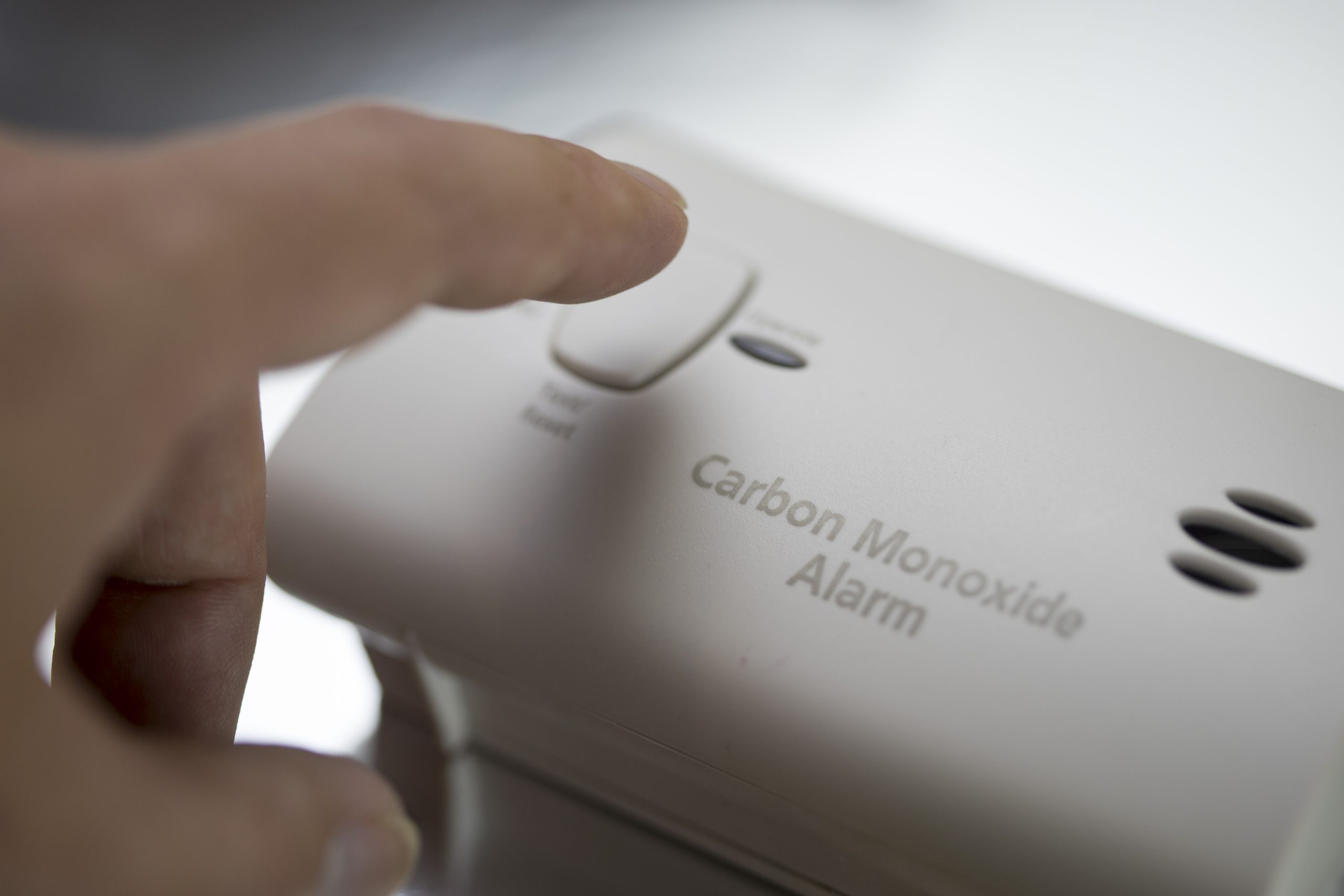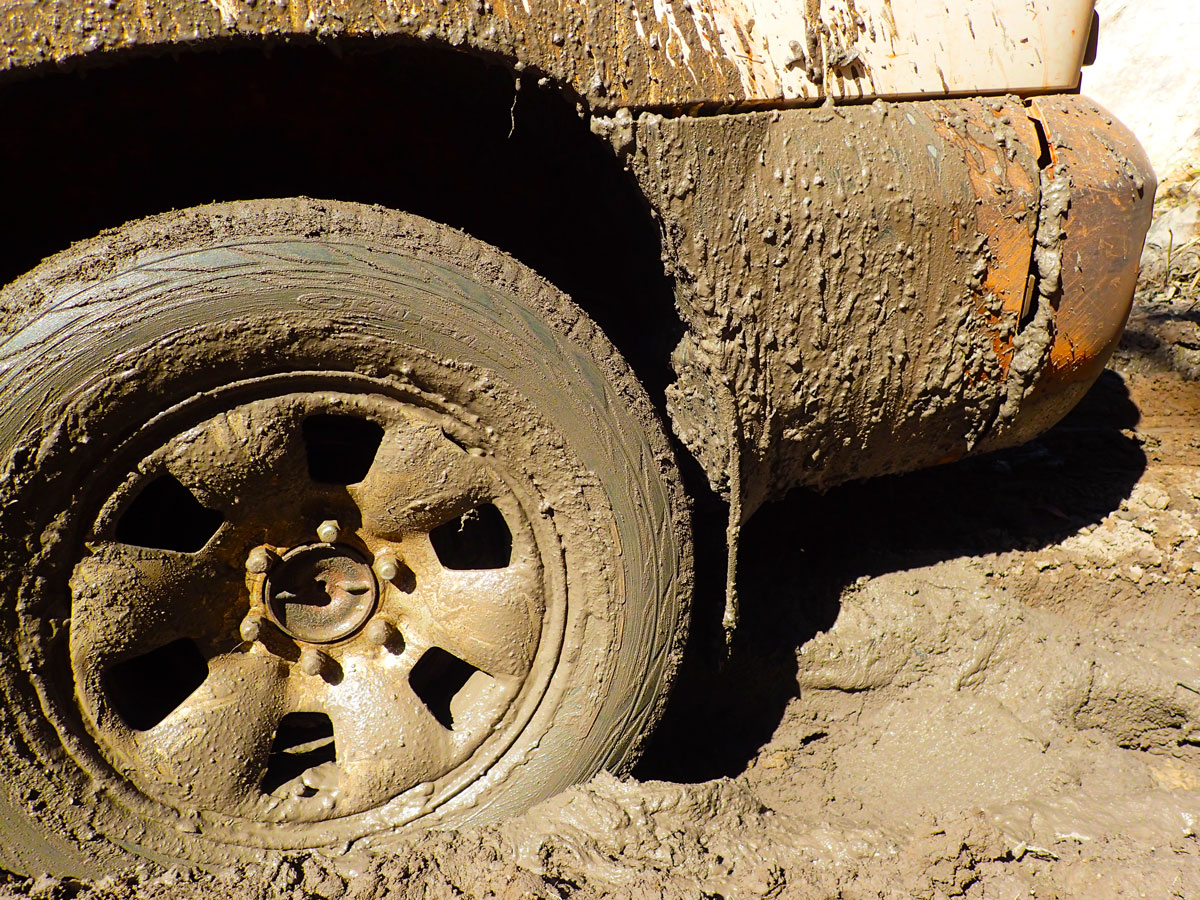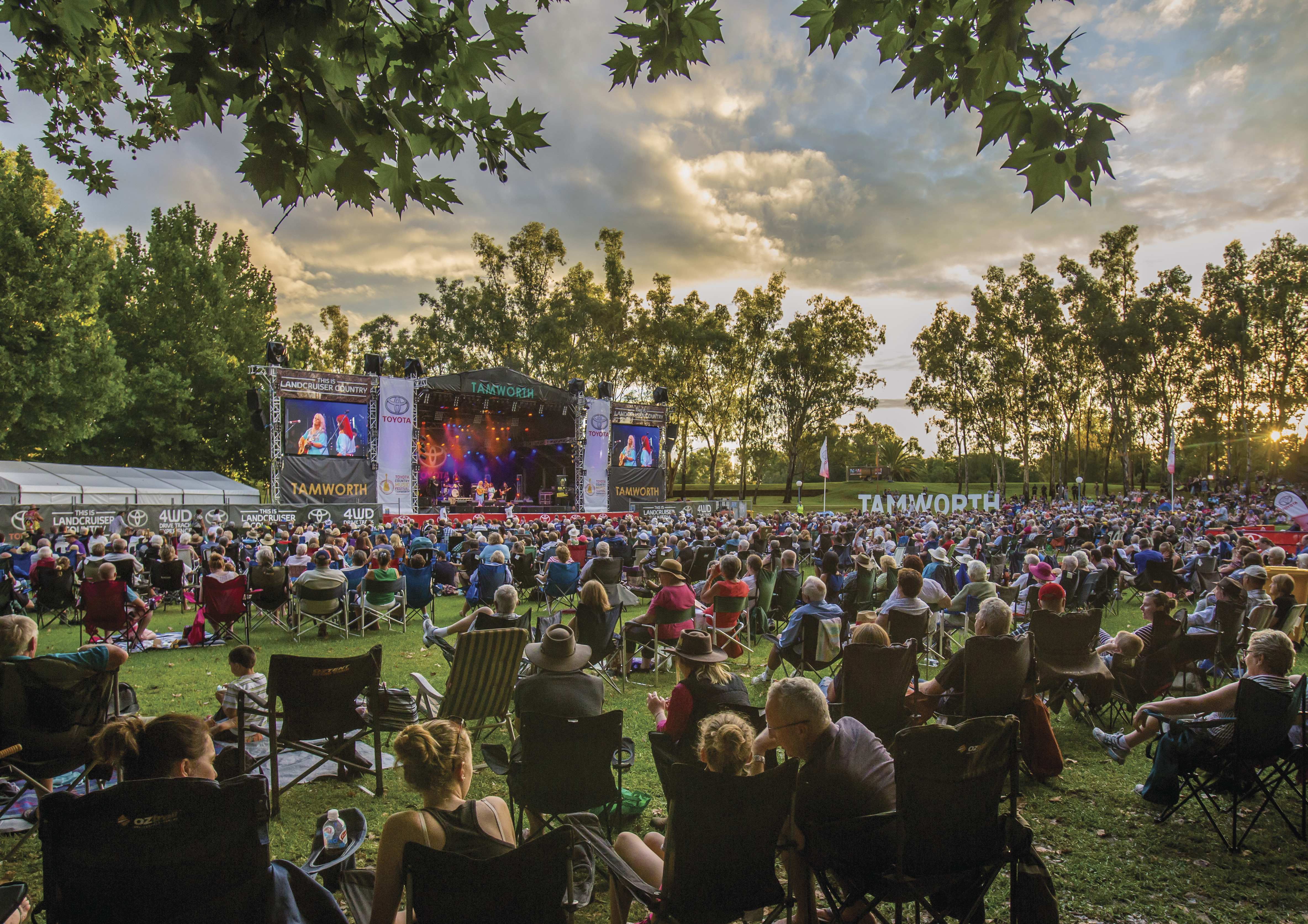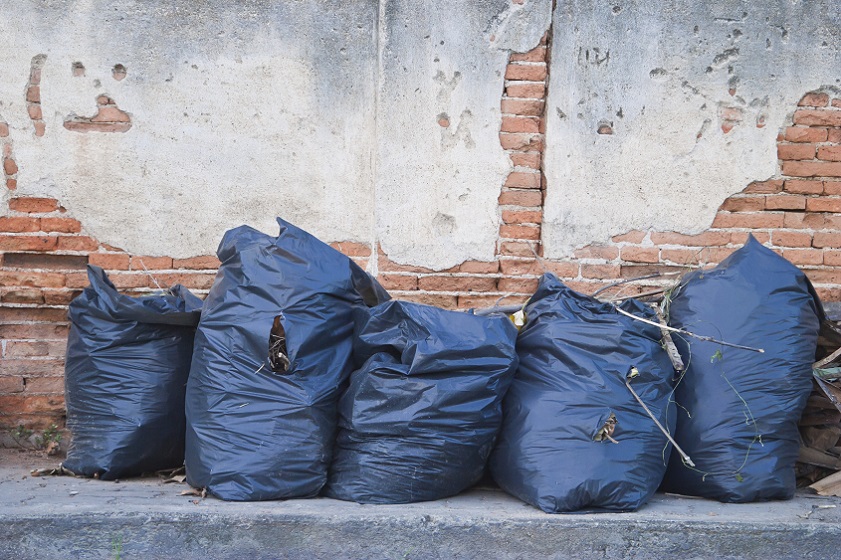If you use gas appliances in your caravan, it’s a good idea to have caravan gas detectors to warn of any malfunction.
Having smoke detectors in caravans is mandatory in some Australian states such as New South Wales, yet gas or carbon monoxide detectors are equally important caravan gas fittings.
Carbon monoxide – or CO – is a product of combustion, an odourless, colourless gas that can build up in enclosed spaces and cause illness and even death to those breathing it. A build up of liquefied petroleum gas – LPG – on the other hand, is more likely to cause an explosion.
Gases Ain’t Gases
In chemical terms, carbon monoxide and flammable gases from a piped or bottled gas supply are very different, so you really need a detector for LPG and another for CO.Some alarms will detect both smoke and carbon monoxide.
Both LPG and carbon monoxide detectors are readily available and simple to install. Most models are battery-driven, while others connect to 12V or the mains through an external transformer. They can cost as little as $50, though it’s worthwhile buying ones that both flash and sound the alarm, as you may not necessarily notice changes in the LED display.
Installation
CO and LPG behave differently, so it’s important to follow the instructions on the specific product you are installing. Placement is important.
For detecting LPG, the alarm should be installed lower down, within 30cm of the floor and no more than four metres from the gas appliances. Carbon monoxide detectors, on the other hand, are best installed higher, say at eye level.
- Place the alarm away from fresh air vents or draughts.
- If there’s a heating appliance in the bedroom, place a CO sensor at sleeping height.
Once the alarm is installed, make a note to test it once a month to ensure it’s still working.
Take Precautions
It makes sense to have a working gas alarm installed in your caravan, but there are other precautionary measures you can take to ensure your safety and wellbeing.
- Always have some form of ventilation and airflow, despite the weather.
- Check that nothing is obscuring the vents.
- Turn LPG off at the gas bottle before going to bed.
- Never use the gas stove or oven as heating.
- Have all gas appliances, connectors and hoses regularly maintained.
The sensor element in gas alarms will degrade over time, so it’s best to change them every five years, or as per the manufacturer’s instructions.
Carbon monoxide can build up quietly and almost undetected, especially in the confines of a caravan. Yet simply by installing a caravan gas detector and following some basic procedures, you can rest assured of a safer holiday, free from harmful emissions.
Want to know more about caravan gas regulations in Australia?





